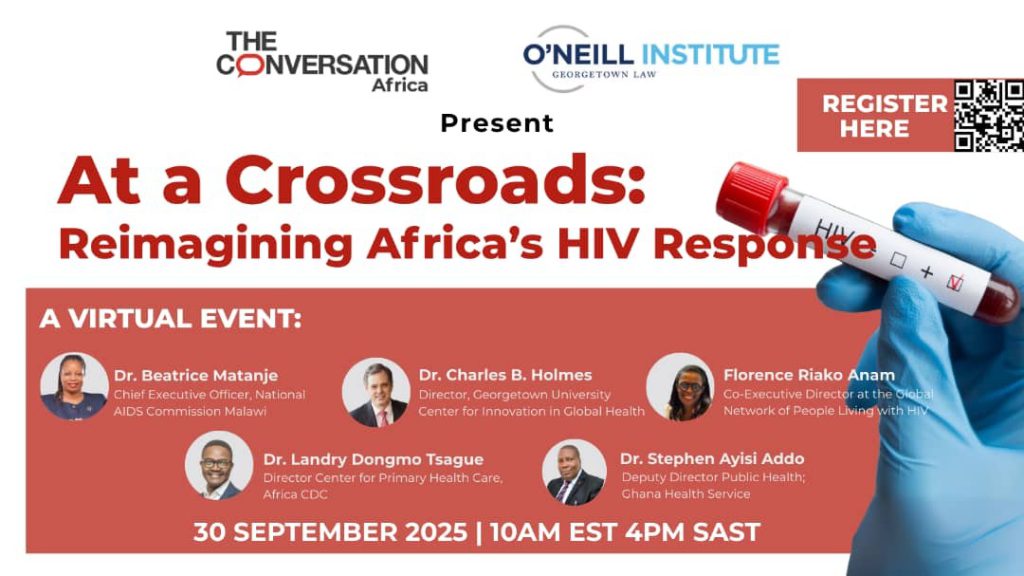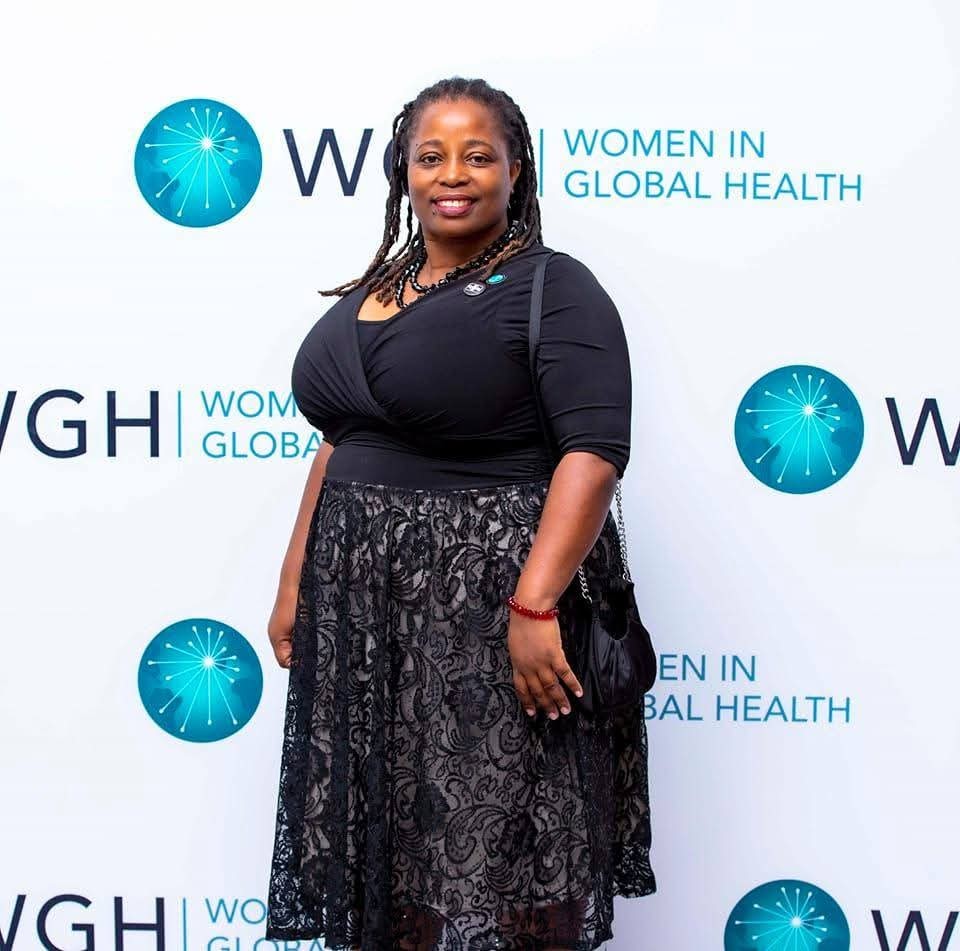
African Health advocates in the HIV response have challenged leaders in the continent to establish more sustainable financing systems amidst donor fatigue if efforts to end HIV as a public health threat by 2030 are to materialize.
The call was made recently at a webinar under the theme: “At a crossroads: Reimagining Africa’s HIV Response which attracted health experts across Africa”. The speakers included the Malawi National AIDS Commission Chief Executive Officer Dr. Beatrice Matanje, Dr Charles Holmes, Co-Executive Director of the Global Network of People Living with HIV; Florence Riako Anam, Dr Stephen Ayisi-Addo from Ghana; and Dr Landry Tsague, Director of Primary Health Care at the Africa CDC.
Speaking at the webinar, all the panelists acknowledged that the recent funding cuts have had a gross negative impact on HIV and AIDS programming. The speakers agreed that Africa should embrace a new funding paradigm, and device means of domestically funding the health sector.
Addressing a question on specific national strategies that are being deployed to sustain HIV services amid these financial constraints in Malawi, NAC’s Chief Executive Officer Dr. Beatrice Matanje while acknowledging that the global funding cuts have impacted on the national response to HIV, indicated that the Malawi Government has moved in to support HIV and AIDS related activities.
Dr. Matanje explained that Malawi has responded to recent funding cuts, particularly from USAID and PEPFAR, by increasing domestic budgets for HIV treatment, hiring additional healthcare workers to address staffing shortages, and issuing emergency guidance to prioritize lifesaving services like facility-based condom distribution and targeted viral load testing for high-risk groups.
We’ve also shifted tasks to Health Surveillance Assistants and hospital attendants to maintain data management and service delivery, while leveraging community-led monitoring to identify and mitigate disruptions, such as treatment interruptions for key populations after drop-in center closures”, explained Dr. Matanje.
On how Malawi is working to transition HIV programs into a more integrated, government-led health system, Dr. Matanje proudly stated that Malawi is accelerating the integration of HIV services into primary healthcare and national health systems, embedding them with maternal and child health, TB, and sexual reproductive health services to reduce silos and enhance efficiency toward universal health coverage.
According to NAC CEO, these include integrating the HIV commodity supply chain into the government’s normal supply system, building capacity for health workers through continuous professional development, and elevating subnational governance to strengthen locally led prevention and treatment efforts, all while promoting government ownership of community health worker programs for ART delivery.

Underscoring the importance of strong leadership as a driver of efforts to eliminate HIV and AIDS across Africa, Dr. Stephen Ayisi-Addo, Senior Public Health Specialist and Deputy Director Public Health of the Ghana Health Services, said political will to shift from donor dependency to locally financed interventions is a sure way of sustaining health systems in the continent. Dr Ayisi-Addo said some HIV and AIDS related programs were disrupted early this year as a result of abrupt financial cuts. He however indicated that government of Ghana has responded swiftly to take over.
Taking her turn, Florence Riako Anam Co-Executive Director Global Network of People Living with HIV (GNP+) lamented that the world came to a standstill for people living with HIV in the continent after the abrupt financial cuts. “To be honest with you, fear and anxiety gripped most people living with HIV and we thought this is the end of the world, but we are happy that African governments have started responding religiously to take over some of the key interventions. This is the way to go if we are to sustain gains made over the years”, stated Florence Riako Anam, Co-Executive Director Global Network of People Living with HIV (GNP+
Both Dr Landry Dongmo Tsague, the Director of Primary Health Care at Africa CDC and Dr Charles Holmes, Director of the Georgetown Center for Innovation in Global Health, a Professor of Medicine at Georgetown University Medical Center observed that it is high time African countries owned their health systems by devising local means of generating resources.

Leave a Reply